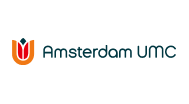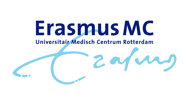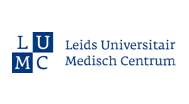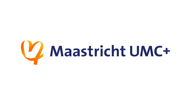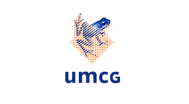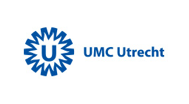Safe Patient Care Through Safe Technology
The NFU has coordinated the Safe Patient Care Through Safe Technology program. Its aim: effectively and efficiently implementing the new European legislation for medical devices (MDR) and in-vitro diagnostics (IVDR) in the umcs.
In May 2021 the EU legislation took effect for medical devices, and from May 2022 for IVDs (in-vitro diagnostics, or laboratory tests, materials and equipment). European legislation aims to increase the safety and effectiveness of medical devices and IVDs. This will prevent patients from having to deal with, for example, bad breast implants or unreliable lab tests.
Doctors’ assistants, anaesthesia technicians, nurses, ICT staff, laboratory staff, medical technicians, purchasers, researchers and medical specialists: the vast majority of healthcare professionals will ultimately have to deal with this legislation in one way or another. What does this new legislation mean concretely for patient care and clinical research in the umcs?
Why is the legislation being changed?
The new European legislation is striving to increase the safety and effectiveness of medical devices and IVDs. This will prevent the situation of patients having to deal with, for example, poor-quality breast implants or unreliable lab tests. The rules which these products must comply with have been made stricter, and after a transition period, they came into effect from May 2021 (MDR) and May 2022 (IVDR).
What are the implications of the legislation?
The EU rules lead to the consequence that certain devices and IVDs will no longer be available in the future. Alternatives will have to be sought. It is also possible that self-developed tests may no longer be used if the manufacturer produces a comparable laboratory test.
Furthermore, the rules have changed for clinical research on medical devices and IVDs. Also, patients who need certain implants must obtain an implant card. In short, the implications of the new legislation could be significant.
How can healthcare institutions deal with this?
In 2019, a group of experts from the umcs (with experts from general hospitals and representatives of the Federation of Medical Specialists) worked within the NFU programme 'Safe patient care through safe technology' on preparations to apply the new legislation efficiently and effectively. They mapped out the changes healthcare institutions will face as a result of the new laws. The experts then described these changes in tools. The tools provide starting points for applying the rules in practice.
The following tools are available:
- Overarching start document;
- Traceability of medical devices;
- Clinical scientific research;
- Software;
- Deviations in manufacturer’s instructions for medical devices;
- In-house development of medical devices;
- Hospital as manufacturer (an extension of in-house development);
- Post-market surveillance.
For IVDs the manual of the national IVDR taskforce is used.
The tools have been made available for use to umcs and general hospitals and can be obtained internally.


